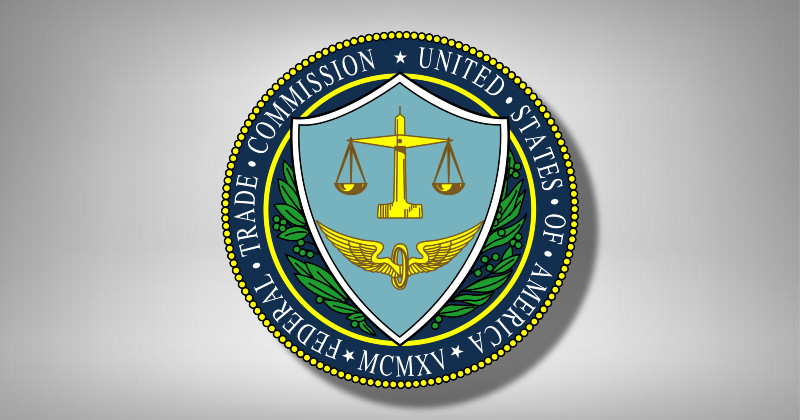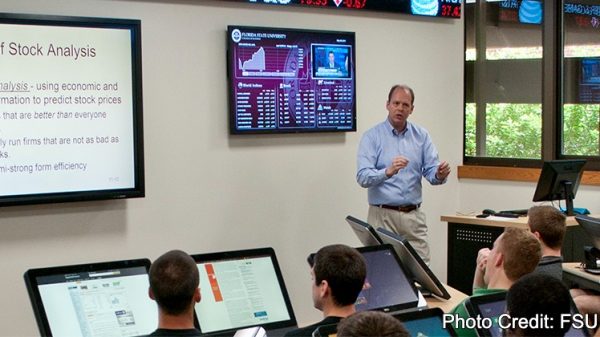By David B. McGarry
In its bid to stop a merger between Microsoft and game developer Activision Blizzard, the Federal Trade Commission (FTC) objected last month to Microsoft’s announced downsizing in the company’s video-game division.
“The reported layoffs…underscore the FTC’s need for injunctive relief,” the agency writes.
Meanwhile, the FTC unreservedly endorsed European regulators’ recent ruling squelching Amazon’s attempted acquisition of iRobot, the maker of Roomba smart vacuums.
Had the European Commission declined to block the deal, the FTC reportedly would itself have initiated a proceeding against it.
However, the merger’s death prompted iRobot to layoff nearly a third of its employees, totaling nearly 350 jobs.
The FTC seems to have few qualms about downsizing that results from blocked mergers.
In fact, the agency regularly disregards the myriad economic benefits that mergers often provide and the consumer, and other economic, harms that ensue when regulators block such deals.
The FTC happily offers data that purportedly demonstrate that mergers harm competition or consumers, yet it neglects data that suggest otherwise.
In the agency’s de facto heads-I-win-tails-you-lose Weltanschauung, the upshot is that mergers, per se, receive little quarter — irrespective of their economic impacts.
Like several other recent cases, the now-defunct Amazon–iRobot deal provides a case study.
The merger has a simple justification — Amazon would acquire the wobbling iRobot, set it straight, and preserve its status as a major industry competitor as well as the benefits it provides to consumers and workers.
As Bloomberg reported last year, the vacuum maker “has suffered from falling orders for its Roomba vacuums and watched its cash on hand dwindle.” iRobot’s revenues and total shipments each decreased by roughly a quarter in 2022, and the company weathered a $286-million net loss. By contrast, in 2020, the company enjoyed profits of $147 million.
However, Bloomberg continued, “Amazon’s deep pockets would solve these liquidity needs.” The larger, better-managed firm’s new investments and leadership would reenergize the smaller firm’s existing capital investments and institutional knowledge.
Whether a post-merger iRobot remain uncompetitive and unprofitable should be left to markets, not antitrust enforcers.
In January, a federal judge ruled for the Department of Justice (DOJ) in its suit to block an airline merger between Spirit and JetBlue. As in the vacuum-merger debacle, one party (Spirit Airlines) has struggled mightily of late. After the judge’s ruling, analysts warned that, if forced to go on without JetBlue, Spirit could devolve into liquidation. So much for promoting competition and the livelihood of the workers.
Qui bono? Besides titillating the FTC’s regressively radical antitrusters — who long to reinstate interventionist, economically confused 19th-century antitrust jurisprudence — the European Commission’s marooning of iRobot ensures surging Chinese vacuum manufacturers must contend with one fewer competitor.
This, too, has an analogue in another recent antitrust case. As the JetBlue–Spirit suit parallels the Amazon–iRobot’s economic dynamics, the FTC’s case against Microsoft and Activision parallels its international dynamics. Unwinding the video game deal would kneecap American competition within the global industry, where Microsoft is the only American company in the global top five. Still, even after enduring rejection in federal court, the FTC persisted by filing an administrative complaint against the merger.
For the FTC, as for its ideological compadres at the DOJ and in Europe, antitrust enforcement serves a purpose besides policing anticompetitive business practices. The agency’s radicals seek neither to promote consumer welfare, nor to ensure markets remain open, but to arrange markets to reflect their personal — and rather myopic — notions of economic “fairness.” This has led the agency to bring suits that lack economic rigor — although the mergers in question undoubtably offended the enforcers’ aesthetic sensibilities.
In the end, the current FTC leadership’s unseriousness is proving to be its undoing. Under its current chair (Lina Khan), the agency has lost repeatedly in court, alienated career staffers, and antagonized many in Congress, the private sector, and the commentariat.
Nonetheless, the FTC has persisted. However, in the real world — unlike in the academy — such persistence is naturally self-limiting.
David B. McGarry is a policy analyst at the Taxpayers Protection Alliance.

















